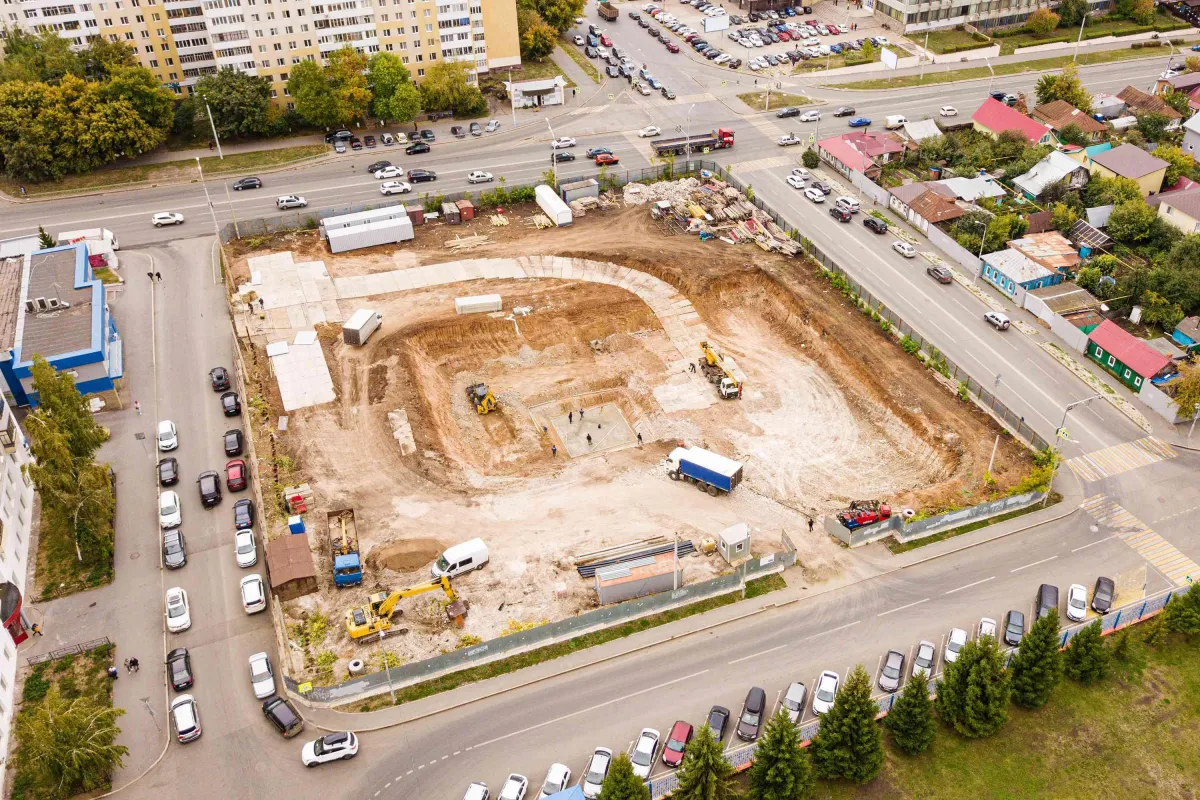
M.B Blogs


Can Buying Land Be a Lucrative Investment?
Introduction: The concept of land as an investment has intrigued people for generations. Whether you're considering it for future development, agriculture, or simply as a store of value, the question remains: Can buying land be a lucrative investment? In this article, we will delve into the intricacies of land investment, exploring its potential benefits, risks, and factors to consider.
1. Appreciation Potential: Land has historically shown the potential for appreciating in value over time. Factors like population growth, urban expansion, and economic development can drive up land prices. However, it's essential to remember that not all land appreciates at the same rate, and location plays a critical role.
2. Location, Location, Location: Location is paramount in land investment. The value of land can vary significantly depending on its proximity to urban centers, infrastructure, natural resources, and zoning regulations. Conduct thorough research to identify areas with growth potential.
3. Land Use and Zoning Laws: Understanding land use and zoning regulations is vital. Local laws can dictate how you can use the land and whether it's suitable for your intended purpose, such as residential, commercial, agricultural, or recreational use.
4. Holding Costs: Owning land comes with ongoing costs such as property taxes, maintenance, insurance, and potentially mortgage interest if you finance the purchase. Ensure you factor in these expenses when assessing the overall return on investment.
5. Development Potential: Consider whether the land has development potential. If you plan to develop or subdivide the land in the future, research local development regulations, infrastructure availability, and potential construction costs.
6. Income Generation: Some land investments, such as agricultural or timberland, can generate income through farming, leasing, or harvesting natural resources. Assess the income potential and associated risks.
7. Market Conditions: Like any investment, land values can be influenced by market conditions. Economic downturns, changes in demand, and shifts in investor sentiment can impact land prices.
8. Diversification: Land can be a valuable addition to a diversified investment portfolio. It often has a low correlation with other asset classes, potentially providing stability during market volatility.
9. Long-Term vs. Short-Term Strategy: Your investment horizon matters. Land can be a long-term investment that appreciates over decades, or it can be a short-term speculative venture. Align your strategy with your financial goals and risk tolerance.
10. Professional Guidance: Navigating the complexities of land investment often requires professional expertise. Consult with real estate professionals, land surveyors, and attorneys to ensure a thorough understanding of the land's potential and any legal considerations.
Conclusion: Buying land can indeed be a lucrative investment under the right circumstances. Its potential for appreciation, income generation, and portfolio diversification make it an attractive option for many investors. However, success in land investment hinges on careful research, understanding local regulations, assessing holding costs, and having a clear strategy.
Land investment isn't a one-size-fits-all approach; it varies depending on location, purpose, and market conditions. Therefore, it's crucial to approach land investment with a well-informed, long-term perspective. By doing so and seeking professional guidance when necessary, you can unlock the potential benefits that investing in land can offer.
Note: This article provides a general overview of land investment considerations. Specific circumstances and local regulations may vary, so it's essential to conduct thorough research and consult with professionals before making any land investment decisions.
Important: Whilst we make every effort to complete in a reasonable and quick timescale, there are sometimes circumstances that might affect the actual completion date, and in extreme circumstances our ability to purchase. Our initial offer is provisional and will only be confirmed once we are in receipt of a survey, and the searches and contracts are deemed satisfactory by our legal team. Other factors may affect our decision to purchase, or affect the price we eventually agree. Prior to a legal exchange of contracts we can rescind the agreement at any time if we have any knowledge or we are advised that the property is not as initially described and/or anything comes to light that may have affected its value. Alternatively, the purchase price may be renegotiated by mutual consent. In the event we rescind the agreement then all legal aborted costs, disbursements and survey fees in the transaction will be met by us. We strongly advise not to commit to any expenditure or completion dates until legal exchange has taken place.
